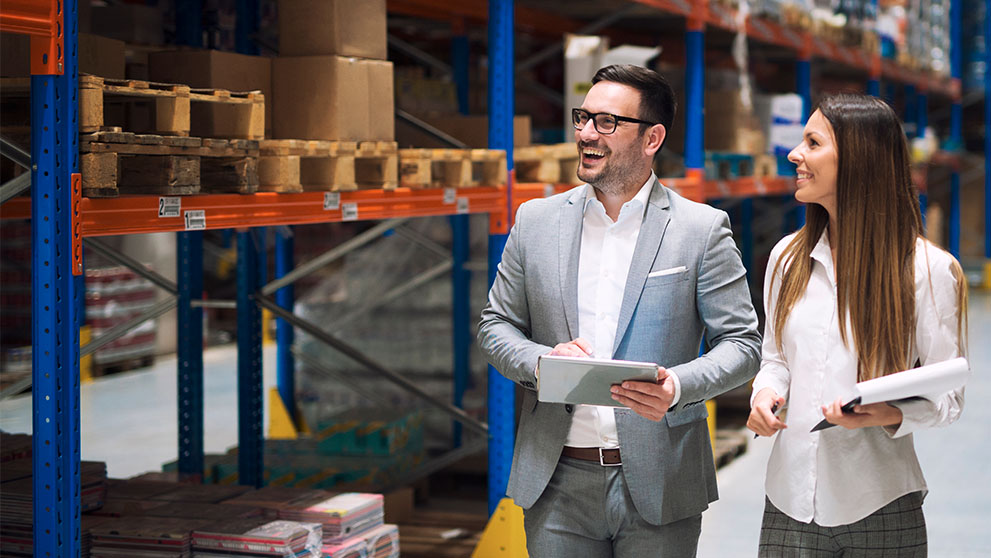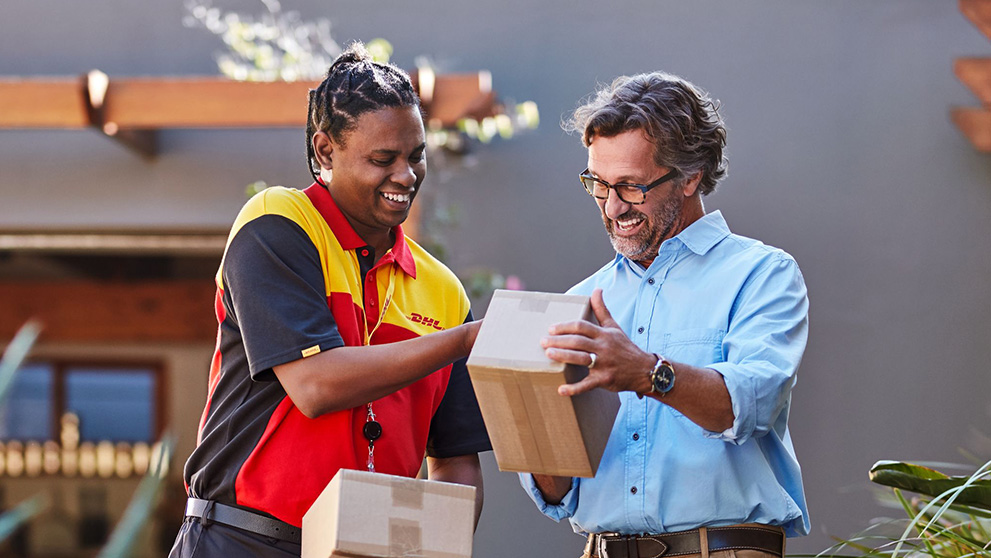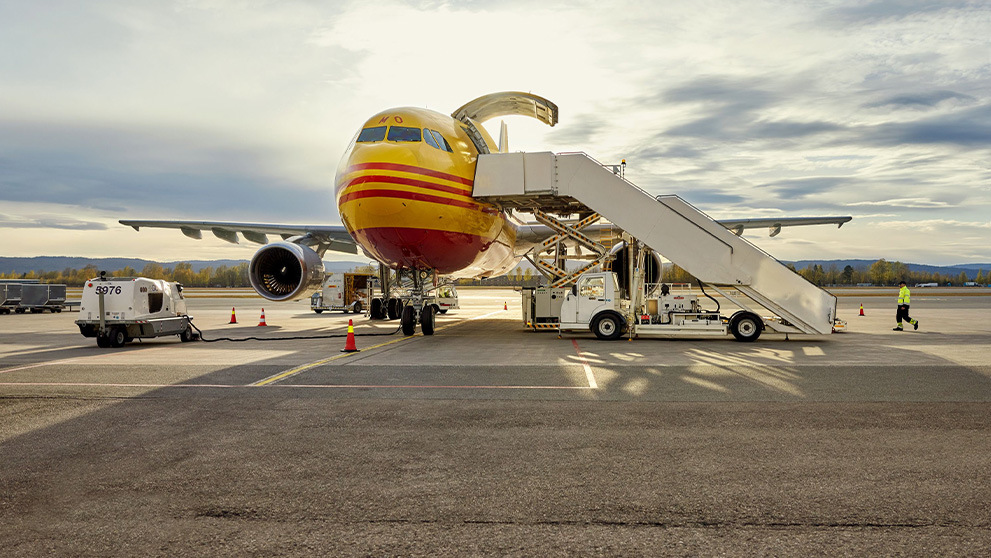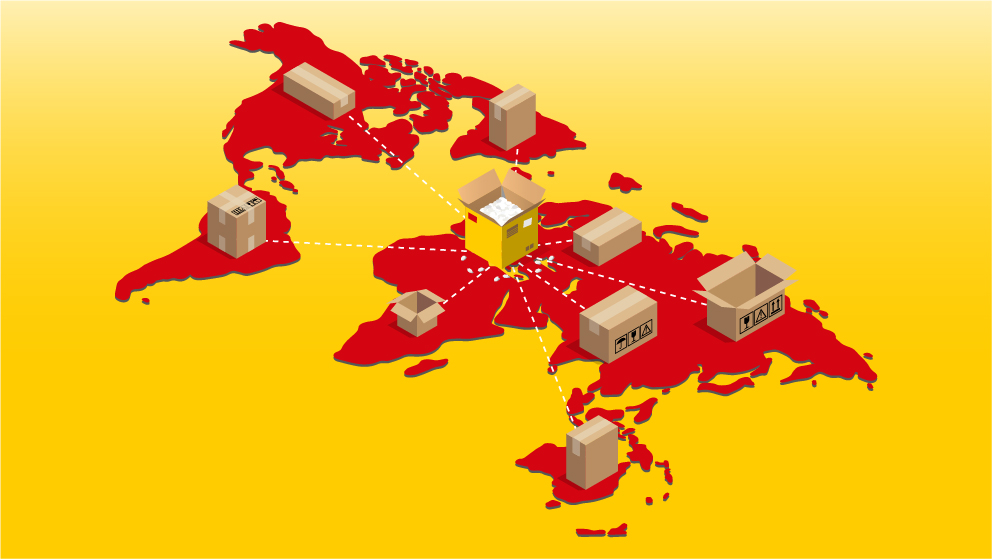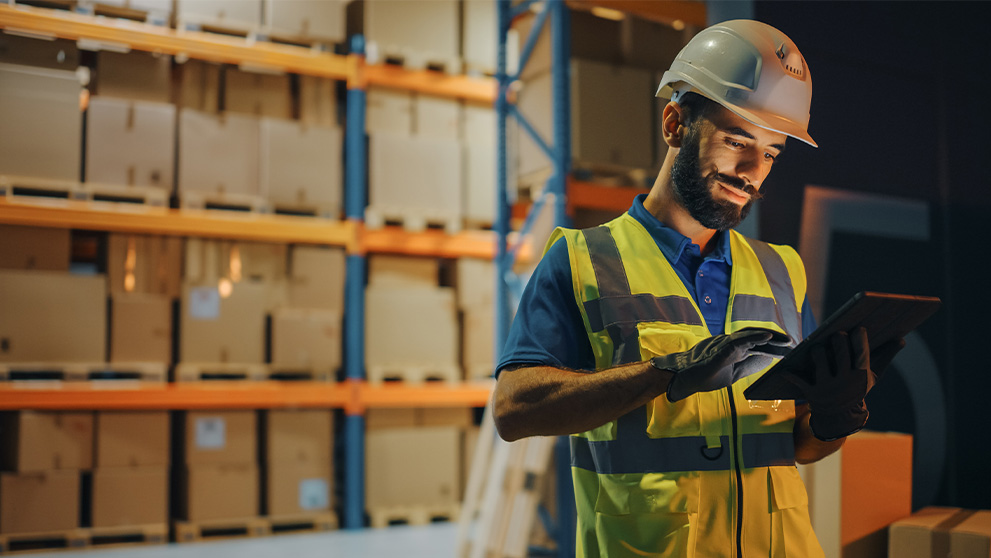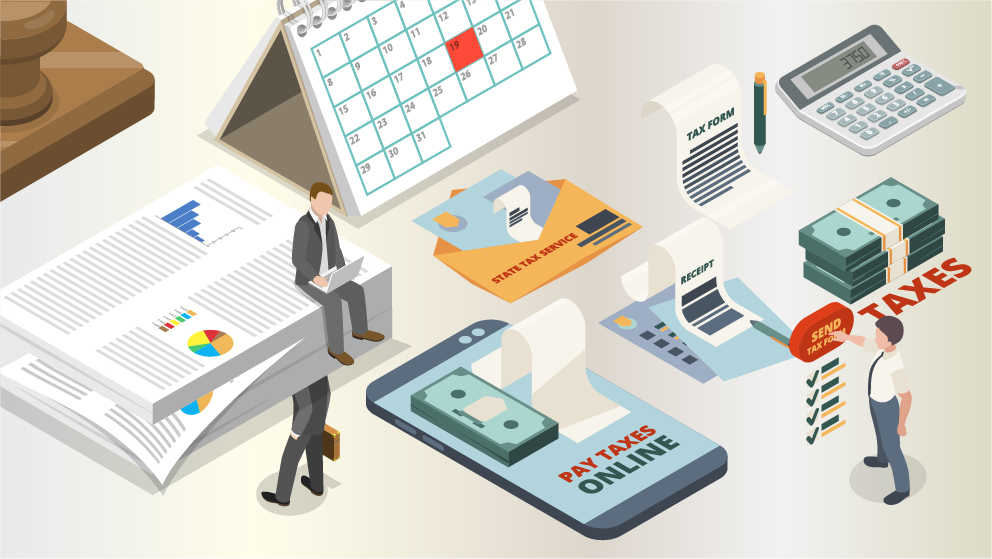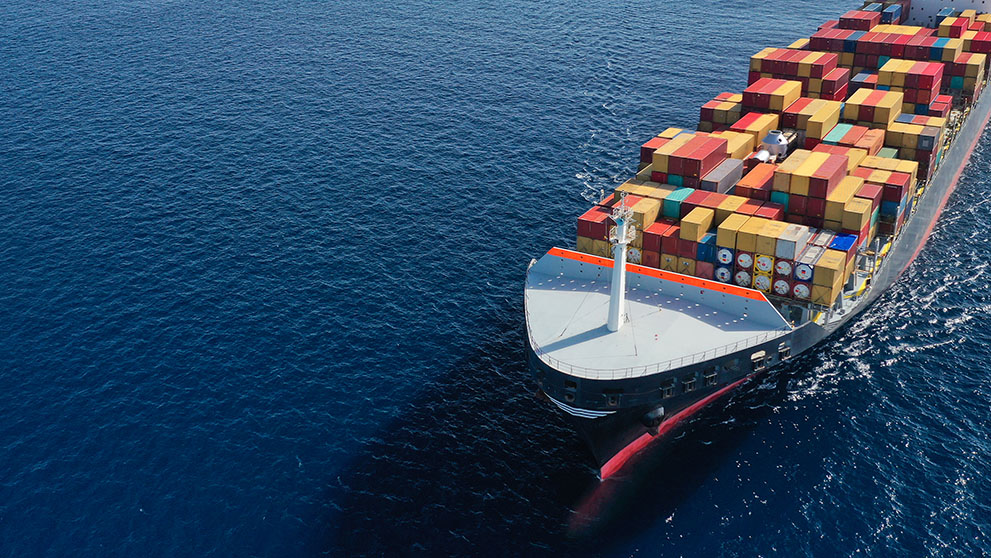How difficult can it be to get your product or raw materials from point A to point B? The answer is ‘extremely difficult—especially without the right logistics partner. Good logistics can unlock profits, boost customer loyalty, and act as the foundation for long-term business success.
So how can you optimise your logistics today? Here are 10 quick tips to turn logistical headaches into successful deliveries.
Efficient logistics operations can save your business time and money while ensuring timely delivery to your customers. While some improvements require investment and planning, there are simple changes you can make today to enhance efficiency. Here are 10 tips to supercharge your logistics.
1. List your weaknesses and identify the changes
Determine areas in your logistics operation that can be improved, such as inventory management, storage, picking, packing, or invoicing. Write down actions that could increase productivity and divide them into short-term and long-term changes.
2. Measure performance
Set specific KPIs (Key Performance Indicators) to target and measure improvements. Speak to logistics experts, such as DHL, to find out what kind of metrics you should be tracking—and what the numbers mean. Are you hitting the industry averages or falling below?
3. Ask your employees
Your on-the-ground team members are on the front line and talking to customers and suppliers every day. That makes them a valuable resource for identifying areas of improvement. Gather their input and ideas, as they often have practical insights into inefficiencies and potential solutions. Consider implementing incentives to motivate and reward improved performance; did they deliver consistently on time or receive positive customer feedback? Make sure your people are recognised for great logistics work.
4. Optimise warehouse layout
Arrange your warehouse to prioritise popular items closer to the shipping station while minimising bottlenecks. Consider vertical racking systems to maximise space utilisation. Use inventory management software to forecast demand and plan stock accordingly.
5. Streamline packing
Simplify the packing process by allowing pickers to place items directly into pre-addressed boxes. Use mini mobile printers to generate address labels instantly. The upfront cost of the printers and software will pay for itself in just a few months.
6. Offer green options
Consumers increasingly want more sustainable e-commerce options, from green delivery options to recyclable packaging. In 2020, only 58% of consumers were willing to spend more for sustainable e-commerce options. Just two years later, nearly 90% of consumers said that they would be willing to spend an extra 10% or more for sustainable products1. You can read our guide to greener packaging here.
7. Get external help for international shipping
Ensure accurate and detailed descriptions of goods and correct Harmonised System (HS) codes to prevent customs delays. Explore resources like the DHL Express International Shipping Toolkit for guidance on global brand strategy and reducing cart abandonment
8. Get smart about your delivery routes
Some items just always seem to get damaged in transit. It’s worth analysing which products get damaged—maybe there’s a pattern that means you can treat those packages differently. Evaluate different shipping providers for reliability—the cheapest option in the short term sometimes means more expensive over the long term once damaged items and lost customers are taken into account. Also, consider load planning software to optimise the way goods are loaded for safer transport.
9. Embrace technology
AI, analytics, and automation are making waves in the logistics sector. AI adoption in logistics is growing by 43%2 every year, so it makes sense to seriously consider your own AI strategy. Explore software solutions that automate and optimize elements of your logistics operations, such as stock analysis, staff scheduling, and inventory management. Route management and optimisation—making sure drivers take the best route to make all drops quickly and economically—is a common application of AI and has been for a number of years.
10. Focus on last-mile delivery
Depending on which survey you pay attention to, the last mile of your logistics process—getting the product to your customer—is between 41%3 and 53%4 of the cost of the total logistics cycle. In other words, it’s the hardest part. Partnering with a reliable logistics expert like DHL can enhance the customer experience by integrating express, on-demand, and international shipping options into your checkout process. Ensure a positive final impression by delivering goods on time and in excellent condition and give customers regular tracking updates: 82% of consumers expect tracking updates.5
Implementing these changes can yield quick wins and improve your overall logistics operations. Ready to ship? Get essential market insights from the DHL Express International Shipping Toolkit, or talk to one of DHL's 160,000 logistics experts today.

